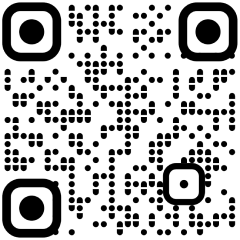Mumbai: A few global trading platforms and the Clearing Corporation of India (CCIL), which have been regularly testing a new model that facilitates easier access to Indian bonds for foreign investors, are now awaiting the Reserve Bank of India’s approval to formally launch the system.
Foreign investors have been requesting the RBI to further improve access to the domestic sovereign debt market in light of the inclusion of Indian government securities in JP Morgan’s emerging market index – a development set to bring billions of dollars of overseas flows into local debt.
“Talks are on with the RBI because final approval will be required from the regulator before any new model can become operational. There are three global companies with whom the CCIL is working, and regular testing is going on with at least one of them,” a person aware of the developments told ET.
The three global electronic trading platforms are MarketAxess, Bloomberg and Tradeweb, people in the know said.
The RBI, MarketAxess and Tradeweb did not respond to emails seeking comment. A Bloomberg spokesperson said the firm did not have a comment on the matter.
ET had reported on February 12 that banks, on behalf of their overseas clients, had requested the RBI to permit international electronic trading platforms to execute direct trades in domestic government securities.
The new model aims to create “Request for Quote” API (application programming interface) “pipes” through which foreign investors’ trades would be facilitated on the CCIL’s Negotiated Dealing System – Order Matching (NDS-OM) trading platform.
“Trades would come from abroad and the matching would take place onshore on the NDS-OM platform which is housed on CCIL. The new model conceives of a straight-through processing system which significantly brings down the time taken for transactions,” a person said.
At present, when foreign clients wish to execute transactions in Indian government securities, the trades largely happen through what traders term the “voice” method, a more time-consuming process. Under this system, foreign clients contact the sales teams of banks and place the specifics of orders such as the quantum of securities to be bought or sold and value dates, which are then passed on to the trading desks.
Multiple flows of such types of communication – informally referred to as “chats” – occur between foreign clients and bank sales and trading teams to execute the transactions. Once the transactions are struck, the sales teams inform dealers on the Indian trading desks of banks, following which the local teams report the trades on the NDS-OM platform. CCIL enters the picture once deals are struck and the details are sent to custodian banks.










